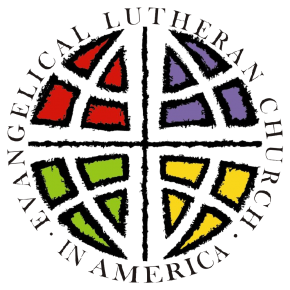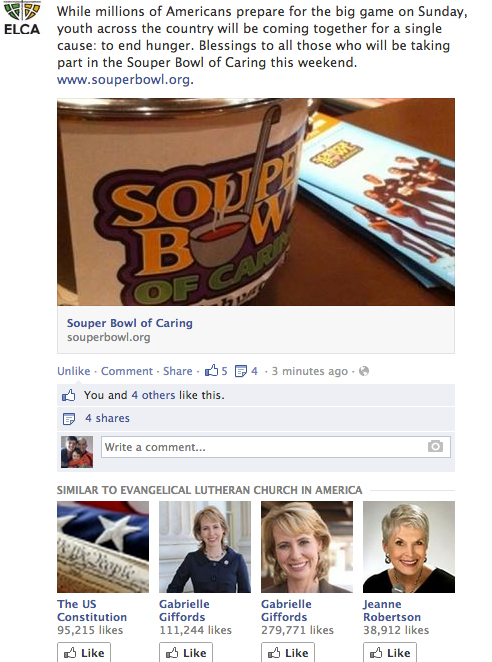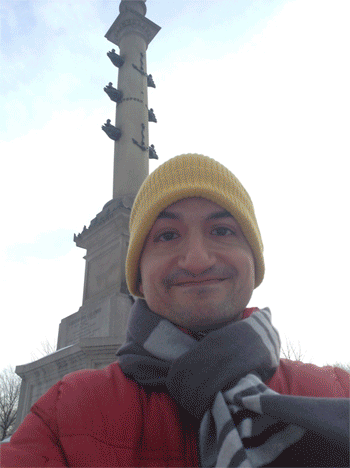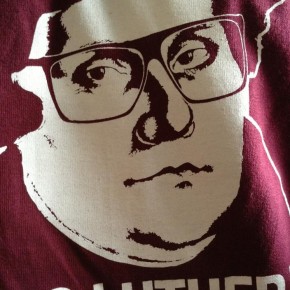 A few weeks ago, I received written confirmation of my approval for ordination in the ELCA. It felt rather anti-climatic. The envelope was your standard business envelope, pre-printed with the MNYS logo in the left corner, and an American Flag forever stamp in the right. My name was spelled right (thankfully) and the address field was solid. The envelope contained two pieces of paper. One was, a lovely cover letter from the head of the candidacy committee and, the other, a one page form with the committee’s decision. That final form was just one side of the page, printed in color, and using a very boring template from Formatta Filler (which, for some reason, is still around). It is a template that, sadly, sucks the life away from its viewer. Document templates don’t need to be exciting but they shouldn’t be a blackhole for energy and feeling.
A few weeks ago, I received written confirmation of my approval for ordination in the ELCA. It felt rather anti-climatic. The envelope was your standard business envelope, pre-printed with the MNYS logo in the left corner, and an American Flag forever stamp in the right. My name was spelled right (thankfully) and the address field was solid. The envelope contained two pieces of paper. One was, a lovely cover letter from the head of the candidacy committee and, the other, a one page form with the committee’s decision. That final form was just one side of the page, printed in color, and using a very boring template from Formatta Filler (which, for some reason, is still around). It is a template that, sadly, sucks the life away from its viewer. Document templates don’t need to be exciting but they shouldn’t be a blackhole for energy and feeling.
But I digress.
So, with paper in hand, I’m currently in the process of awaiting assignment. This process has been a little unnerving so far and I’m not quite sure what to write about it mostly because I don’t know yet how to wrap my head around it. The anxiety of the approval process is now matched by the anxiety of waiting for assignment after my restriction request was denied. I sit, not worried, but just anxious about what the future will bring. I trust God that it’ll work out and I will end up where I am to go but a little direction would be nice.



 This quote, in some ways, describes why I am doing my thesis. I want to know what space & place meant in the first century hellenized world. There is meaning there – a meaning I’d like to be grafted onto. Then, I’ll be able to take my supposed placeless/spaceless world of “new media” and just see what it brings to a contemporary interpretation of Scripture.
This quote, in some ways, describes why I am doing my thesis. I want to know what space & place meant in the first century hellenized world. There is meaning there – a meaning I’d like to be grafted onto. Then, I’ll be able to take my supposed placeless/spaceless world of “new media” and just see what it brings to a contemporary interpretation of Scripture. 

 I thought the ELCA changed my name on my candidacy documents. I was wrong. Yesterday, I received an email from the head of the candidacy committee connecting me with the staff person at the ELCA in charge of such things. When I married and took my wife’s last name over three years ago, I was already entranced into candidacy. At the time, I was told not to worry about it and that my paperwork will be resubmitted under my new name. It seems that didn’t happen. However, I’m impressed with how the ELCA handled my name change. They didn’t need my marriage certificate, a copy of my new passport, or a social security card. They just needed my wife’s name and date of birth. I know that I have (what feels like) dozens of forms at the churchwide offices with that information but they wanted it in email form. A few seconds of typing, a quick send, and I believe that my name change is officially taken care of at the churchwide level. That only leaves my Library Card as the last piece document in my old name. However, I was told that
I thought the ELCA changed my name on my candidacy documents. I was wrong. Yesterday, I received an email from the head of the candidacy committee connecting me with the staff person at the ELCA in charge of such things. When I married and took my wife’s last name over three years ago, I was already entranced into candidacy. At the time, I was told not to worry about it and that my paperwork will be resubmitted under my new name. It seems that didn’t happen. However, I’m impressed with how the ELCA handled my name change. They didn’t need my marriage certificate, a copy of my new passport, or a social security card. They just needed my wife’s name and date of birth. I know that I have (what feels like) dozens of forms at the churchwide offices with that information but they wanted it in email form. A few seconds of typing, a quick send, and I believe that my name change is officially taken care of at the churchwide level. That only leaves my Library Card as the last piece document in my old name. However, I was told that 
 A few weeks ago, I received written confirmation of my approval for ordination in the
A few weeks ago, I received written confirmation of my approval for ordination in the 

 I moonlight as a web developer and I continue dabble with one project that I’ve been working on for over 6 years.
I moonlight as a web developer and I continue dabble with one project that I’ve been working on for over 6 years. 


